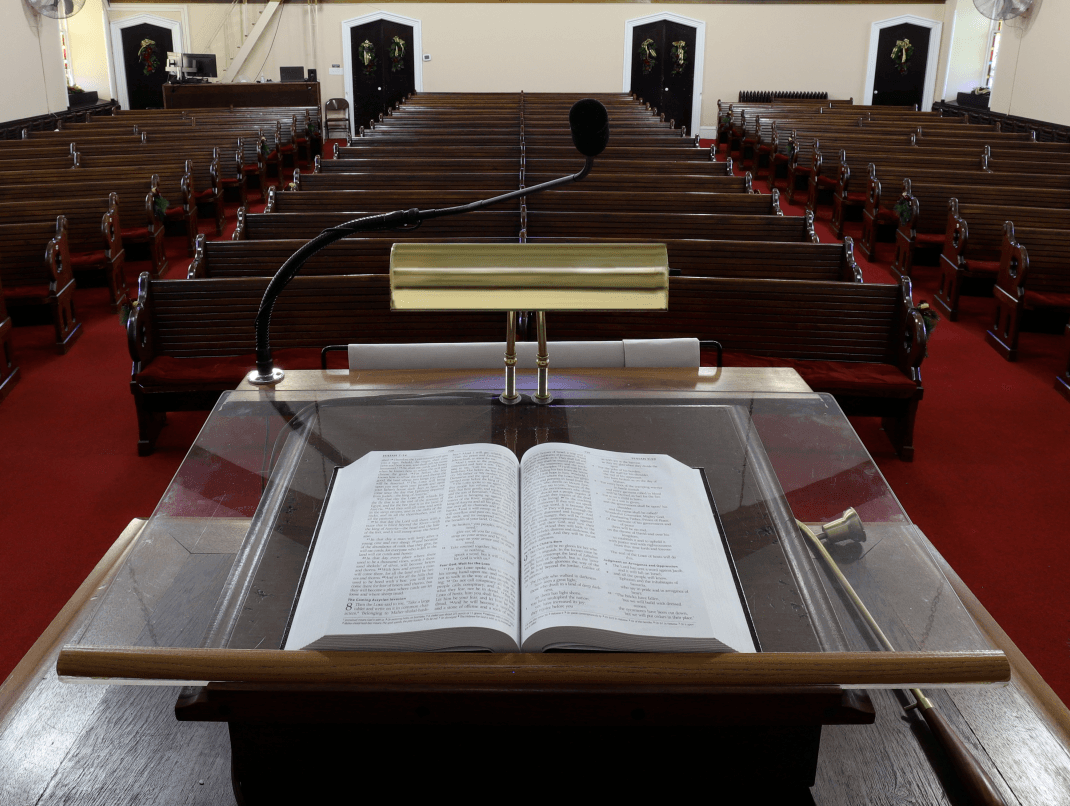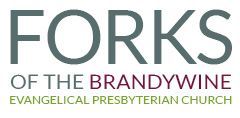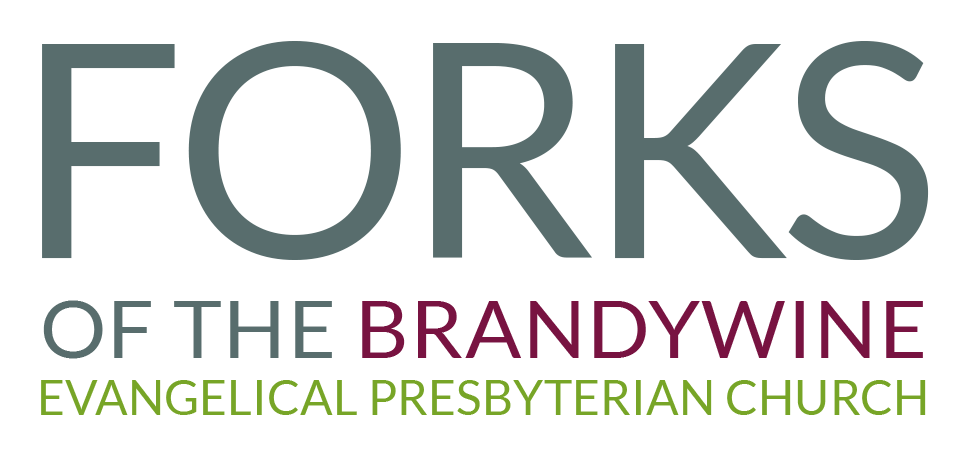Can the Law Make You Good?
Rule-Keeper or a Virtue-Builder?
One of the ongoing debates in the field of ethics is how people become morally good. Ethics is the department of philosophy that studies the nature of morality, the conditions of moral responsibility, and the cultivation of moral excellence. We can think of morality in terms of two fundamental concepts: values and duties. Moral values are all the different abstract virtues and good qualities that ought to be exemplified in one’s character. Moral duties are the various obligations that are binding on our behavior and tell us how we ought to act. To simplify, the debate about how people become good comes from a disagreement over which of these two concepts should be the basis of cultivating goodness. Do moral values make people good, or moral duties? Both are necessary, but which is most important?
Naturally, then, there are two basic ways to make people good, two approaches to achieve moral excellence. There is the rules-based approach (moral duties), and the virtues-based approach (moral values). The rules-based approach says that people become good by following the rules. Goodness is conformity to an objective standard. If the rules and standards of moral excellence are known, observed, and enforced, people will increase in goodness as they get closer to meeting the standard. These rules and standards are expressed in terms of moral law, and goodness is measured by obedience to the law. By contrast, the virtues-based approach says that people become good by building virtuous habits. Goodness is the condition of one’s character. It comes from consistent ethical exercise. We only get good at something when we practice it repetitiously. People become good by training their will to choose the good. As the habits of virtue grow, people get better and better until goodness becomes second nature.
The debate between these two different approaches to ethics began with the ancient Greeks and has continued down to our own day. There are good arguments in favor of both. The virtue-ethics defender might say, “Laws don’t make good people, just like speed limits don’t make good drivers. You can keep the letter of the law and still not be a good person. You can’t be good until you first become the kind of person who wants to keep the law.” And the rule-ethics defender might say, “Without moral laws you wouldn’t know what goodness even means, just like you wouldn’t know what a good driver is without the rules of the road to judge by. There is no such thing as lawless goodness. You can’t be good until your behavior begins to match your morals.”
Judaism and Christianity both have been major players in this debate for millennia. The apostle Paul seems to recognize the distinction between these two conceptions of ethics in Romans 5:7, “For one will scarcely die for a righteous person—though perhaps for a good person one would dare even to die.” This somewhat vague contrast between the righteous person and the good person suddenly becomes clear when you see it in the context of this ancient ethical debate. The righteous person is the rule-keeper, and the good person is the virtue-builder. Which one are you more likely to die for, Paul wonders. Jews and Christians have historically defended both views, but I wonder what you think. Do you believe God’s law can make people good? Or do you believe people first have to be good in some other way before they can keep God’s law? How do you think through this question from a biblical perspective? Your conclusions will have profound effects on how you live your Christian life. Should you be focused on knowing God’s law and obeying God’s will primarily, or should your focus be on building Christian character and practicing Christlike habits? If both have a role to play, how do you integrate them in your own life? Are you naturally more of a rule-keeper or a virtue-builder? Which way is more fulfilling?
Grace and peace,
Pastor Wesley
The Pastor's Pen





